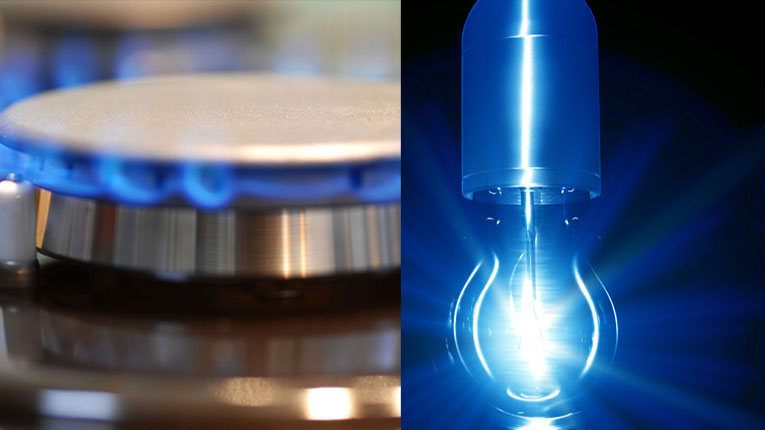A new study commissioned by Greenpeace found that energy efficiency investments bring greater economic, social and environmental benefits in five scenarios examined, less so in the case of the gas investment scenario. The environmental organization asked the Institute for European Energy and Climate Policy (IEECP) to do a cost-benefit analysis to compare the Romanian Government’s plan to develop gas infrastructure with hypothetical investments in the energy efficiency of buildings. The results show that investing in gas is the worst possible choice for the Romanian economy and society, while investments in energy efficiency and renewables have a much greater social, economic and environmental impact. Greenpeace calls on the Romanian Government to abandon its gas investment plans and invest in energy efficiency and renewable energy sources, as they have a much greater value to the economy and society than gas.
Thus, Greenpeace analyzed the Romanian Government’s decision to spend 4.35 billion euros on a new fossil gas infrastructure until 2030 and assessed its social and economic impact.
“In fact, investing in gas is not only the worst choice from a social and environmental point of view, but it doesn’t even make sense from a financial point of view. Spending 4.35 billion euro in energy efficiency investments can bring back up to 3.8 billion euro to the economy (households, businesses, industry, etc.). While spending 4.35 billion euro on new gas infrastructure will further cost the economy another 2.3 billion euro,” Greenpeace officials claim.
Under the most optimistic scenario, around 200,000 households can be converted to zero-emission buildings from the budget the Government plans to spend on new fossil gas infrastructure. Zero-emission buildings can be achieved through energy improvements such as thermal insulation of external walls, replacing existing windows with more energy-efficient ones and installing solar photovoltaic panels and heat pumps.
“It’s not hard to understand: more gas means more people in energy poverty. By continuing to invest in gas, we are plunging into a world of high energy prices, environmental destruction and climate catastrophes that create huge deficits in the state budget. At the same time, the transition to renewable sources and investments in more efficient houses end energy poverty, allow households to spend less money on energy bills, increase property values and create more jobs that stimulate the Romanian economy,” said Alin Tănase, campaigner for energy and climate at Greenpeace Romania.

